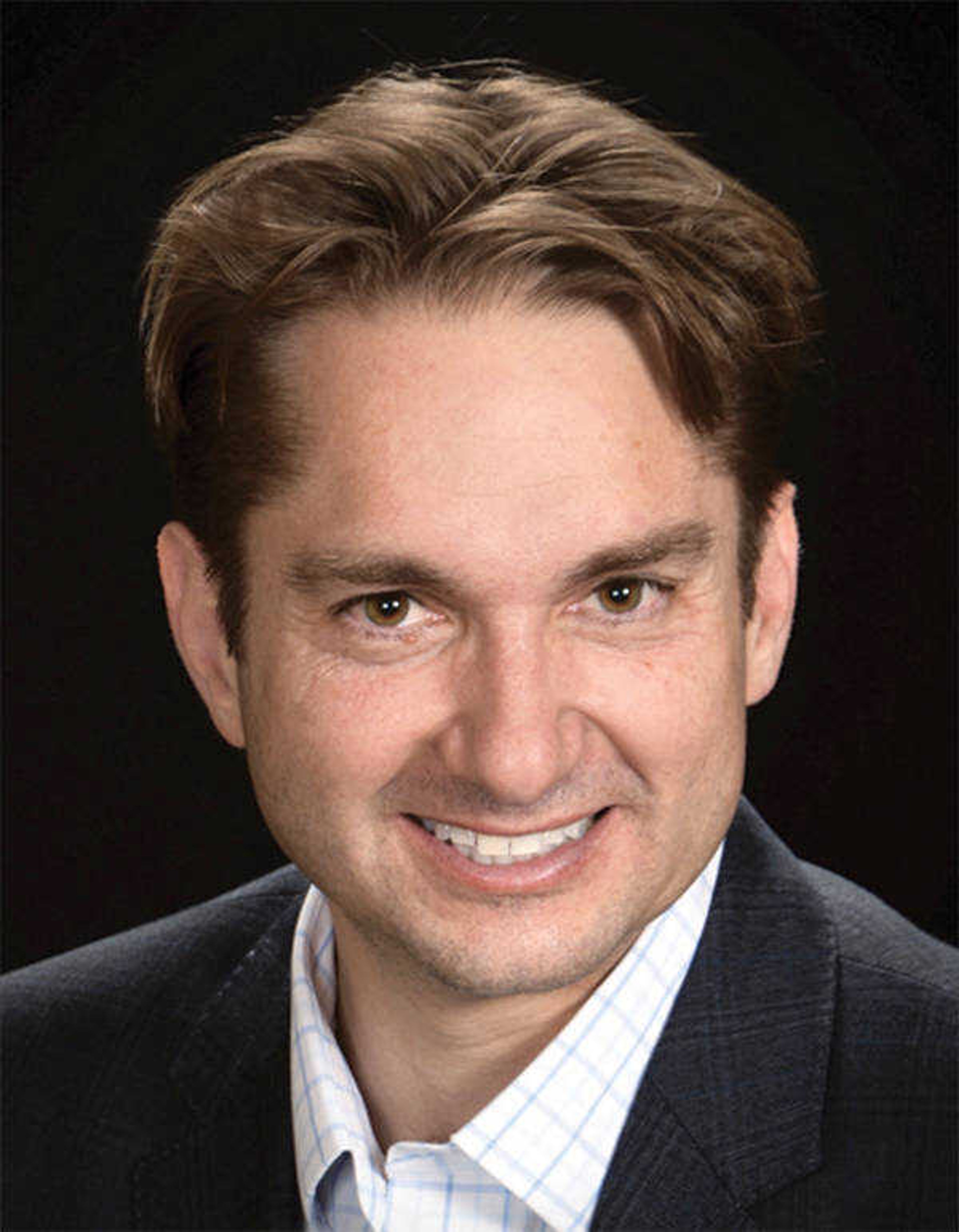WASHINGTON WATCH: FOR VOLUNTEER PROGRAM, AMERICORPS COSTS A LOT
Since his earliest campaign speeches as a presidential candidate in 1991, Bill Clinton has spoken passionately about a need for a national service program. Although his original vision, linking virtually all student aid to volunteerism, was deemed too costly by Congress, a miniaturized version of the concept was passed last fall. ...
Since his earliest campaign speeches as a presidential candidate in 1991, Bill Clinton has spoken passionately about a need for a national service program. Although his original vision, linking virtually all student aid to volunteerism, was deemed too costly by Congress, a miniaturized version of the concept was passed last fall. Since then, according to Eli Segal, the chief executive officer of the Clinton-created Corporation for National and Community Service, the president has mentioned national service 85 times -- "about once every 3 and a half days." "This was the heart and soul of Bill Clinton's campaign," said Segal, who has been a friend of the president since they worked together on the 1972 McGovern campaign. "He really connected on this."Yesterday, Bill Clinton's dream became a burgeoning reality as he swore in 1,000 AmeriCorps volunteers in Washington and another 13,000 around the country via satellite hookups. These 14,000 students, clad in their uniforms of gray T-shirts and black baseball caps, mark the first wave of a program that is expected to grow to 100,000 volunteers within three years.To be eligible for AmeriCorps money, the volunteers have signed on to national and community service projects for nine to 12 months. In return, they will receive $4,725 in education vouchers, minimum wage for 1,700 hours of service, full health insurance, and day care for their children if they have any. Some will also get living allowances.Unfortunately, while a national service program might sound like a good idea, it is not -- especially in the government-centered form the president has adopted.The reasons are numerous.The first problem with the Clinton program is its cost-per-participant. Government programs are never the most efficient means of delivering services, and AmeriCorps is no exception. According to analysis by Sen. Charles E. Grassley, R.-Iowa, one AmeriCorps program showed volunteers costing $17 an hour -- even before the educational grant was figured in. Total cost per participant per year was estimated over $30,000, with more than a third of that going to bureaucratic administration.In response to Grassley's analysis, Segal told the Washington Times last week, "We are not at all troubled by these concerns. The Peace Corps costs $40,000 per person, but that does not disturb the American people."That may or may not be true, but the Peace Corps involves only 6,000 volunteers, all with special skills. Transportation to foreign countries is also included. Meanwhile, AmeriCorps costs more than $30,000 for a high school graduate with no expertise who is working here.This cost problem is compounded when the type of service is revealed. By presidential decree -- so as not to upset government unions -- the volunteers are excluded from doing the most valuable work. Instead, according to the administration, the services provided will be those that "address unmet educational, environmental, human, or public safety needs."As an example of this type of work, Segal heralded the efforts of an AmeriCorps prototype program, Summer of Service, which went into effect at the end of the last school year. Segal specifically outlined a program in Texas, where volunteers went door to door asking parents if their children had received immunizations. A good deed, certainly, but worth charging American taxpayers over $30,000 per volunteer over a full year? There are better ways.The greatest problem with AmeriCorps, however, is that it suggests that public service is more important than private service -- or, for that matter, real jobs. Instead of encouraging young citizens to give of themselves because it is the right thing to do, as 80 percent of American adults do in some form each year, President Clinton creates a money-incentive for them to "work for the government." Wouldn't it be wiser for the president to reduce taxes on small businesses and encourage them to hire more young people, rather than taxing them more -- and wasting at least a third of it on bureaucracy -- to pay for this idealistic boondoggle?There are many good people involved in AmeriCorps across this country, and I certainly hope you join me in wishing them the best. They're spending our money, after all.
Jon K. Rust lives in the Washington, D.C., area.
Connect with the Southeast Missourian Newsroom:
For corrections to this story or other insights for the editor, click here. To submit a letter to the editor, click here. To learn about the Southeast Missourian’s AI Policy, click here.










